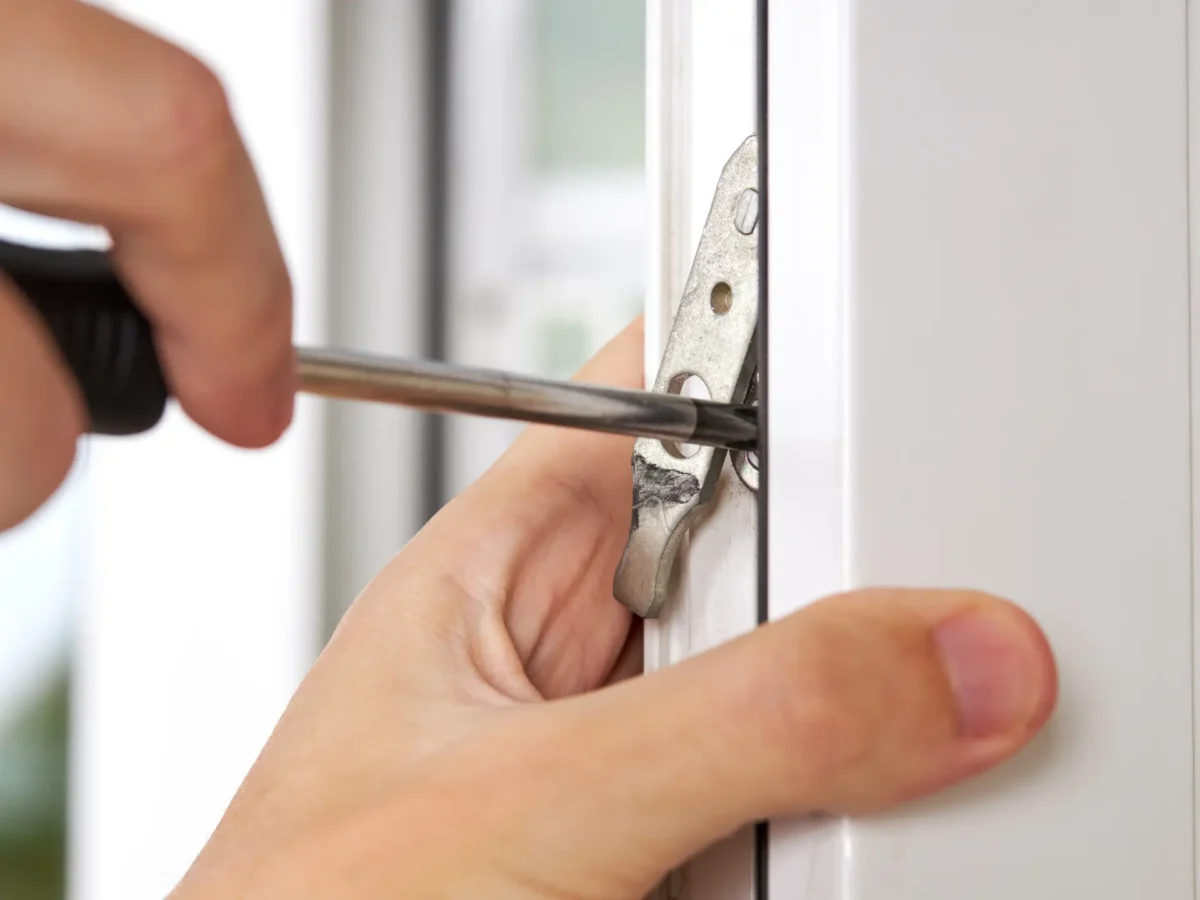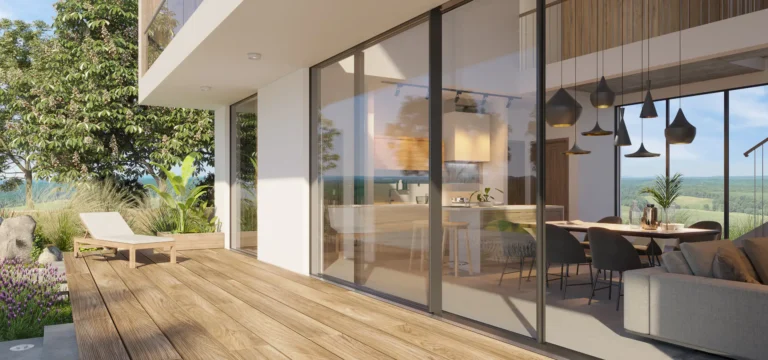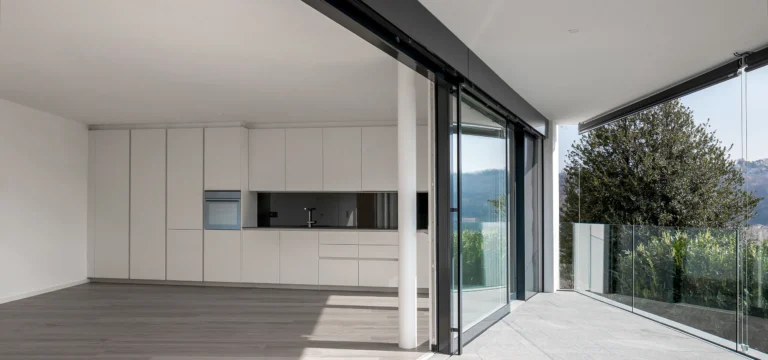- Windows with a low heat transfer coefficient
- High solar energy transmittance of the glass
- Window adjustment
Windows with a low heat transfer coefficient
One of the key elements that can affect energy savings in your home are windows. Investing in windows with a low penetration coefficient will help stop heat losses related to the penetration of cold into the interior of the house.
Remember: when choosing windows, pay attention to their insulating properties, which will help maintain a comfortable temperature in the rooms in the autumn and winter season .
High solar energy transmittance of the glass
Using solar energy to heat rooms can significantly reduce heating costs. Therefore, it is worth doing some research on the window market when building a house and taking into account those with a high solar energy transmittance coefficient. Such windows allow for better use of solar energy, transforming it into heat that naturally warms the interior of the house.
Window adjustment
Before winter comes, you should adjust your windows. To do this, it is worth using the help of a professional service, because they will check the condition of the seals and correctly adjust the pressure of the window fittings. This will prevent heat loss, thus improving thermal comfort in the house. It is also important to avoid thermal bridges, which are often the reason for condensation on the window. This leads to high humidity in your home, which is just one step away from mold and mildew.



In the autumn and winter season, saving energy becomes a priority. By following the above tips, you will not only reduce your bills, but also help protect the environment. Don’t forget to regularly inspect and maintain your heating and ventilation systems to ensure they operate efficiently and effectively. Thanks to these simple steps, you can enjoy the warm and comfortable interior of your home.
More information can be found in MS more than WINDOWS showrooms .



